Notes Towards Day 28: “Know Thyself, Know thy Technologies 2”
“What makes us distinctly human is our capacity to continually restructure and rebuild our own mental circuitry, courtesy of an empowering web of culture, education, technology, and artifacts.”
(Andy Clark, “Natural-Born Cyborgs”)
A Familiar Question:
What is a CYBORG?
Most would respond with something like the following:
However, Andy Clark disputes the common idea of the “cyborg.”
“The cyborg is a potent cultural icon of the late twentieth century. It conjures images of human-machine hybrids and the physical merging of flesh and electronic circuitry. My goal is to hijack that image and to reshape it, revealing it as a disguised vision of (oddly) our own biological nature.”
Andy Clark: Philosopher, Cognitive Scientist
Earlier in the course we encountered Donna Haraway’s Cyborg Manifesto:
-
If we are all cyborgs does her idea of the “feminist, static gender conception resisting” cyborg work anymore?
-
She claims the female cyborg replaces Eve, but under Clark’s view Eve was a cyborg.
-
What about the argument between the natural and the artificial? What do you make of this now?
In this last section of the course we’ve been doing a lot of talking about identity.
What does Clark’s argument do to this discussion? The relationship between our online selves and our “meat-space” selves? Avatars?
Making this class a utopia. . . BRING ON THE PHILOSOPHY!!!
Andy Clark’s Extended Mind Theory
VS.
Bryn Mawr’s Own:
Philosophy Professor Bharath Vallabha’s
Embodied Cognition
Extended Mind: the claim that the mind is not bounded by the biological organism but extends into the environment of that organism. The “mind-body-scaffolding problem.” Human individuals are just shifting coalitions of tools.
<<< Just a “computer” or could it actually be an extension of my brain?
Embodied Cognition: The theory that beliefs are neither in the head nor outside the body; they are the modes of activity of a person. Our beliefs are not in the forms of technology that we use, rather “technology makes possible the forms of action constitutive of being a thinker.”
One Response
Comments are closed.
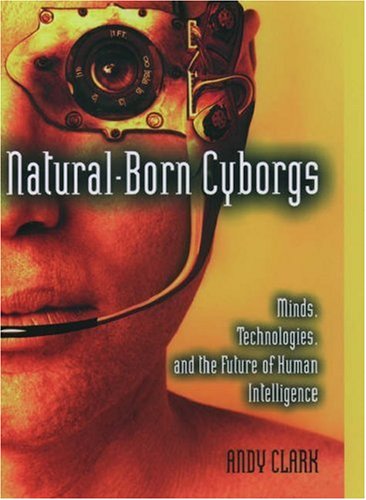
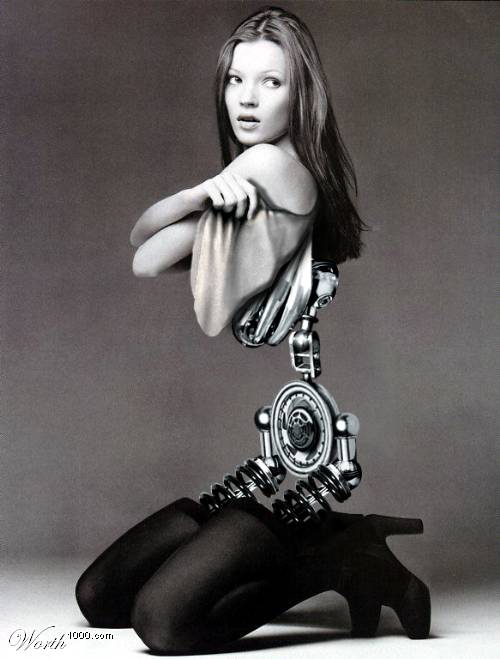
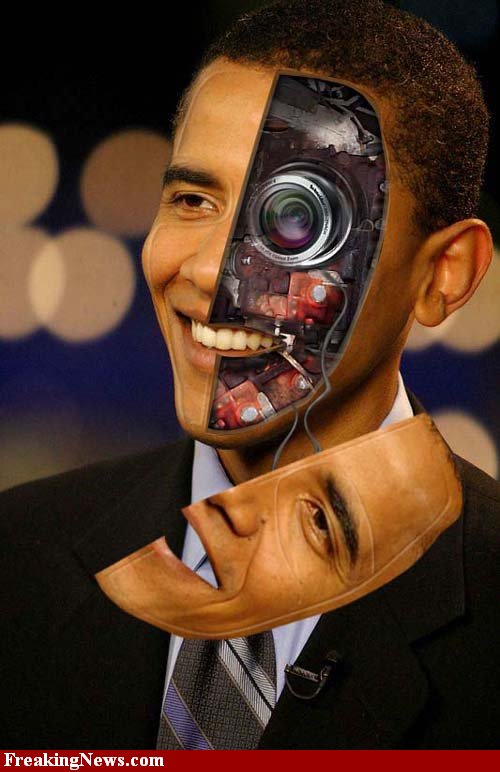

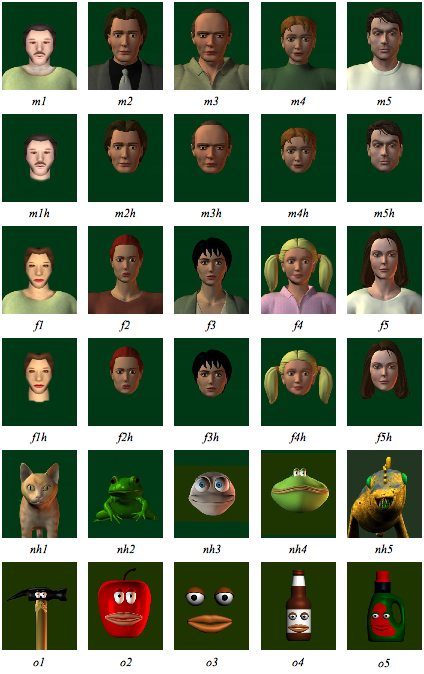

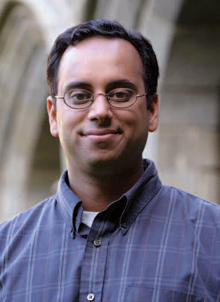

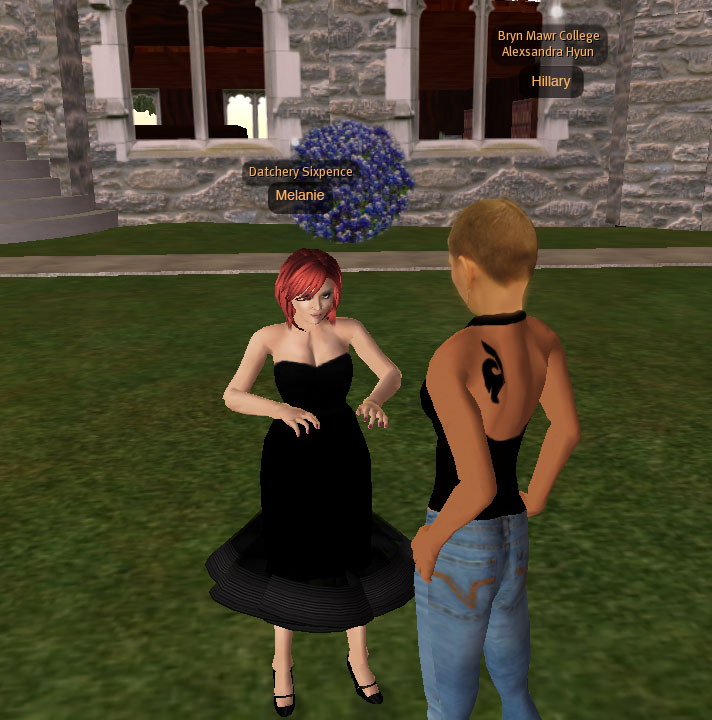
Alexandra–
so I’m laughing out loud–first @ the “utopic” vision that must needs include philosophy (works for me, but I wonder what your classmates will think of this gesture??);
–and second @ seeing my ‘mode of representation’ re-represented. I will be curious to hear from you how you like this alternative means of showing–and thinking through–your ideas: what can you do, using this media, that you can’t do with a conventional paper? (What can’t you do?)
What I appreciate, of course, is precisely what I like, myself, in making webpages as “notes towards” a class discussion: a way of “scaffolding” a conversation that provides a frame for talking, without limiting the directions in which it might go. I’m struck esp. by the contrastive images of Andy Clark and Bharath Vallabha: one with shades and spiky hair, in front of a graffiti’ed wall; the other not shaded, not spiky, with Bryn Mawr’s arches behind him. Do those different images tell us anything about their contrastive understandings of where/how the self is located?
And hey: why doesn’t your web page end w/ questions for the student-audience to answer? What are the questions that are provoked for you by such a series of images and quotes?